Interview: Katherine Grainger
UK Sport’s newly elected chair, Olympic champion Katherine Grainger spoke to Tom Walker about her first months in the role and her plans for the organisation
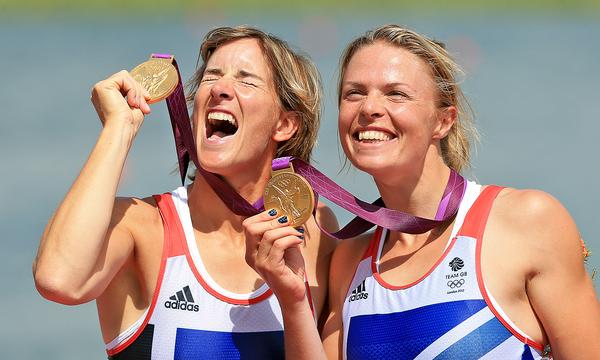
Olympic champion Katherine Grainger only took up the role of chair of UK Sport in July, but there are few people who have a better understanding of the organisation’s work from an athlete’s point of view. The elite funding body’s launch in 1997 – a response to Team GB’s disastrous showing at the 1996 Atlanta Olympic Games – coincided with the beginning of Grainger’s 20-year career in elite rowing. During this time, she was able to witness first hand how UK Sport helped to transform the fortunes of British sport.
In fact, Grainger’s career has closely mirrored the journey of UK Sport. Her first Olympic Games, in Sydney in 2000, were also the first where UK Sport had been responsible for Team GB’s funding and performance. At her last Games, in Rio 2016, Grainger won the last of her five Olympic medals and secured her status as Great Britain’s most decorated female Olympian. For UK Sport, Rio marked a similarly significant landmark. With 27 golds and second place in the overall medal table, the 2016 Games were the most successful Olympics ever for a British team. A remarkable turnaround from Atlanta, where Team GB finished at a lowly 36th in the medal table.
“During my 20 years as an athlete, I’ve seen how UK Sport has helped Team GB shoot to the top of global sports,” Grainger says. “The rise has been nothing short of incredible – so to now be a part of it is very exciting.”
A TESTING START
Grainger has only been in the job for three months, but says she has enjoyed her first taste of sports administration. “It’s hard to say whether it’s what I expected, because I didn’t really know what to expect,” she says with a smile. “It’s obviously been a big change from going backwards in a boat but I’ve really enjoyed it.
“So far, it has been challenging, but in the best possible sense. There’s been a lot of problem solving and we’ve been looking at the issues ahead and identifying areas where we want to improve.”
In her short time at the helm, Grainger has already had to manage a crisis. In July – the month she started her tenure – UK Sport found itself under fire following cuts to the budgets of a number of sports.
A group of 11 national governing bodies (NGBs) called for a major overhaul in how the funding agency allocates money, claiming that the spirit of sport was in danger of being obscured by what they called UK Sport’s “growing obsession with medal targets”. Their concerns were echoed by Baroness Tanni Grey-Thompson – the former paralympic champion – who said the entire approach to funding elite sport “needs a rethink”.
Calls for an overhaul had been bubbling under the surface since UK Sport confirmed its figures for the funding cycle for the Tokyo Olympic Games earlier this year. Covering the years between 2017 and 2020, the agency will invest a total of £345m across 16 Olympic and 16 Paralympic sports – slightly down on the £347m invested during the Rio cycle. In all, seven sports lost their funding following Rio 2016 – badminton, archery, goalball, fencing, table tennis, weightlifting and wheelchair rugby.
The grumblings over funding eventually led to Grainger and UK Sport CEO Liz Nicholl attending a meeting with the unhappy NGBs. “Liz Nicholl and I met with the 11 unfunded sports and we had a very honest and open discussion,” Grainger says.
“It was important to me that everyone felt they had a voice that was listened to, valued and understood. It’s important to emphasise that even if a sport is unfunded, it still has a role in our system.
“During the talks, we heard from each sport individually, and also had everyone come together as a collective group to try and identify a way forward – including areas where efficiencies could be made and even ways to find some funding.
“I have huge empathy for the sports that are struggling without financial support and are still being asked to deliver on performance. The fact is that, unfortunately, there isn’t an open-ended cheque book we can draw from.
“It’s really important to me that the sports know that their concerns are taken seriously. Every sport really does matter and we make every effort to find ways to help them.”
NO COMPROMISE
At the centre of the complaints regarding UK Sport’s funding decisions has been its self-styled “no compromise” approach on how much each sport should receive during the four-year Olympic cycles. Critics claim that the funding of elite sport shouldn’t depend merely on each sport’s potential to win medals.
Grainger says, however, that the ‘no compromise’ motto is often misunderstood. “There has been talk about a ‘no compromise’ approach ever since the beginning of my rowing career, when UK Sport was first launched,” she says. “Back then it meant that there would be no compromise in providing us – the athletes – with the best opportunity to perform – whether that meant hiring enough staff, appointing the best coaches or investing in facilities, training camps or equipment. ‘No compromise’ stood for no corners being cut on what was being made available to us in order for us to achieve our goals.
“I really believe that, over time, that has slightly been twisted – somehow ‘no compromise’ now means ‘a medal at any cost’. All I can say is that I would never have come to an organisation that had that sort of ethos behind it – and I’ve never met anyone here who believed that UK Sport was a ‘medal-at-any-cost’ organisation.”
FUTURE VISION
Grainger is still at the beginning of her four-year term. While she has made it clear that she is keen to use her experience and knowledge gained as an athlete to help shape the organisation’s work, she’s in no rush to introduce any sweeping changes just yet.
“At the moment, my vision is still a very general one,” she says. “I’m still getting a real grip on how the organisation works and the scale of it, so any specific aims will fall into place at some point down the line.
“There is a big picture here, and that’s our remit from the government to produce medals and to inspire a nation through success at major events.
“What I am keen to stress, though, is that those goals – no matter what they are – need to be achieved in a very healthy and supportive environment and I think that’s one of the really big challenges.”
Grainger is referring to the well documented concerns over alleged bullying and athlete welfare issues in a number of British sports – including swimming and cycling. She believes it’s an area in which her experience will be particularly useful. “I’ve lived in that world a long time,” she says.
“It’s stressful, hard and it’s challenging almost all of the time. But it’s paramount that we strive to make it a positive experience for our athletes, coaches and staff. You want everyone in that environment to have a good experience – whatever the results for the athletes individually.”
MAJOR COMPETITIONS
Grainger’s time will also be taken up delivering UK Sport’s new masterplan to host major sporting events across the country. Following a decade that included hosting the Olympic and Commonwealth Games, UK Sport has a new list of targets for the next 10 years.
These include the 2022 Commonwealth Games and the 2021 UEFA European Women’s Championships – as well as the Champions League Final in 2023 and the athletics world championships in 2027 or 2029.
In total, UK Sport is set to invest almost £30m over eight years (2017-2025) in an effort to attract the world’s top sporting events. Grainger says that the hosting of events is now a major component in UK Sport’s work. “The goal of the events programme is partly to showcase our own athletes, but also to establish the UK as a global influence on sport,” she says.
“Ideally, if all goes well, the events we’ll be hosting will attract 7 million spectators and have a positive economic impact of around £400m.”
Grainger adds that, as well as providing an economic boost, the events play a crucial role in inspiring people to get more active.
“You only had to see the impact that the World Championships of Athletics in London in September had. To see the Olympic Stadium full of athletics fans was amazing and a testament to what London 2012 started.
“Sure, London 2012 and Glasgow 2014 were the ‘big hitters’, but they triggered a desire for more. That feeling of ‘what can we go to next’ is one we need to capitalise on.”
UK Sport funding for Olympic sports
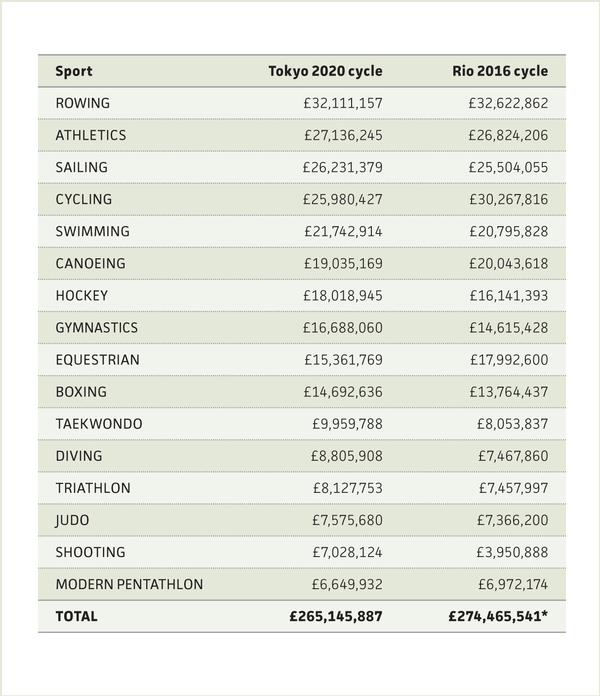
Profile of a high achiever
Dame Katherine Grainger DBE
Born: 12 November 1975
• First took up rowing while she was a fresher studying law at Edinburgh University in 1993.
By the time she graduated in 1997, she was already a European Rowing Championships bronze medallist.
• She is the most decorated British female Olympian ever, with one Olympic gold medal and four Olympic silver medals. She also has six World Rowing Championship titles to her name.
Did you know?
Grainger is a doctor of law. She completed her PhD on the sentencing of homicide at King’s College, University of London in 2012 – the same year she won her first Olympic gold medal.

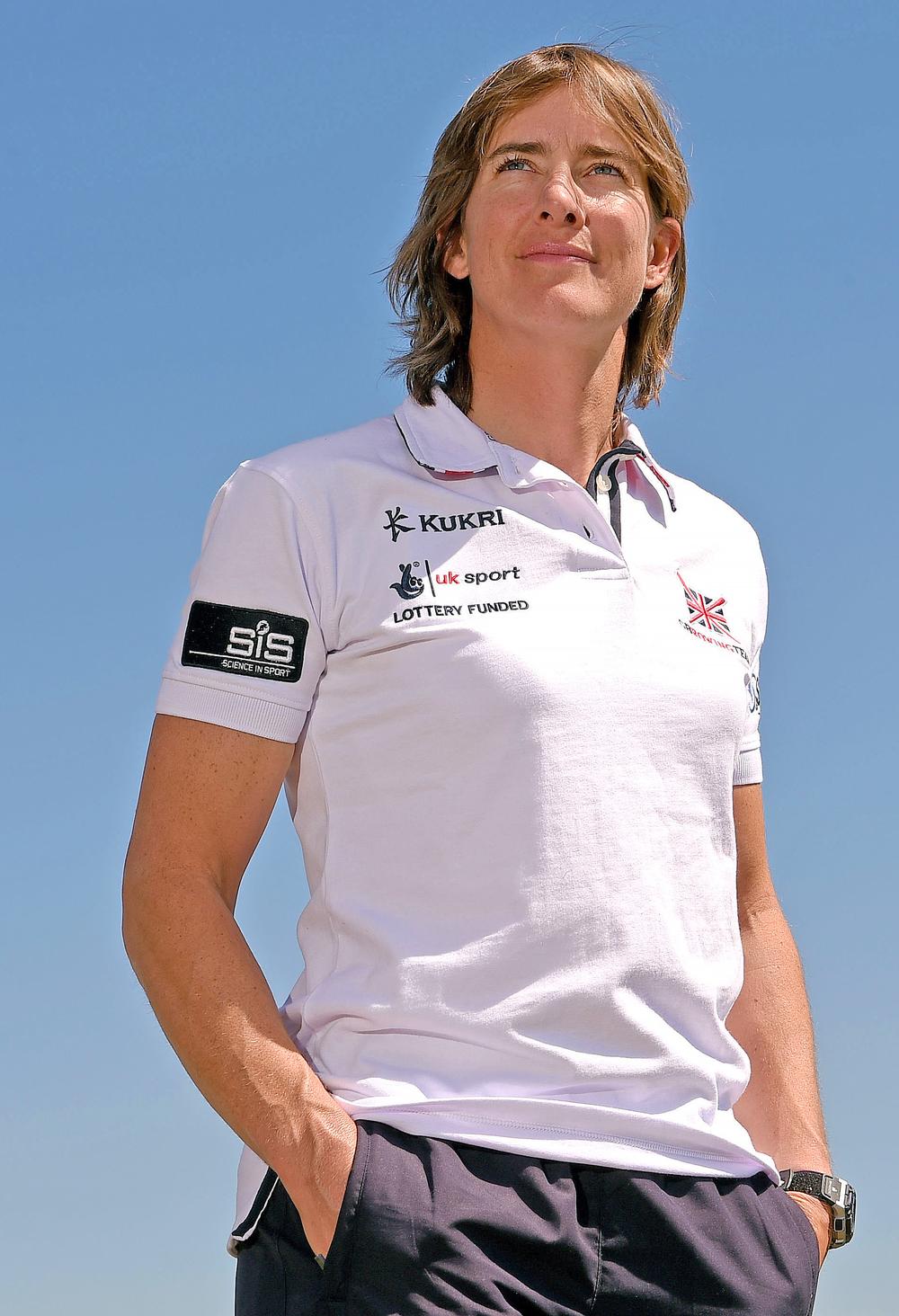
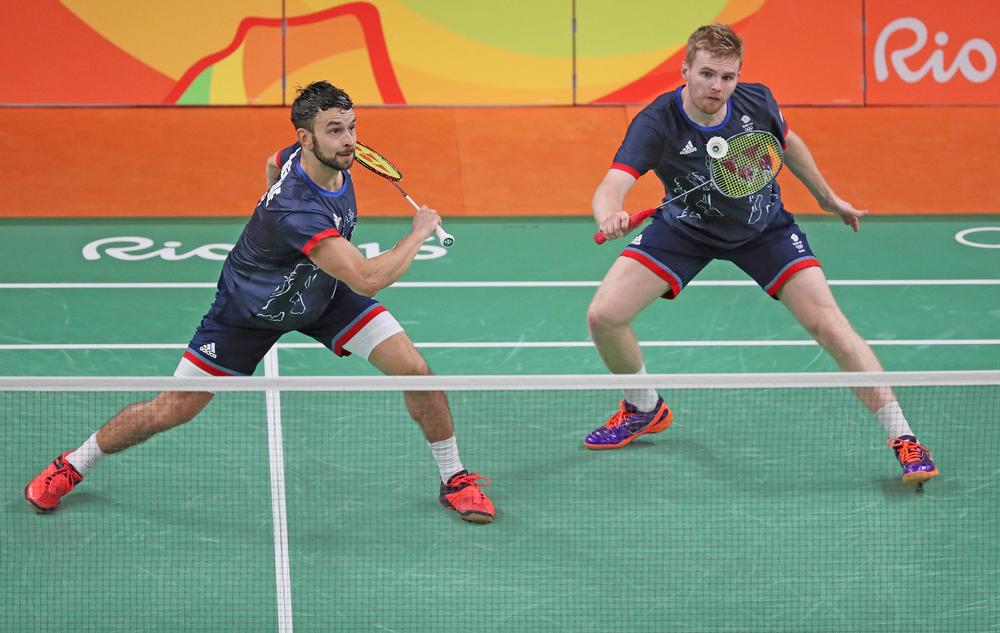
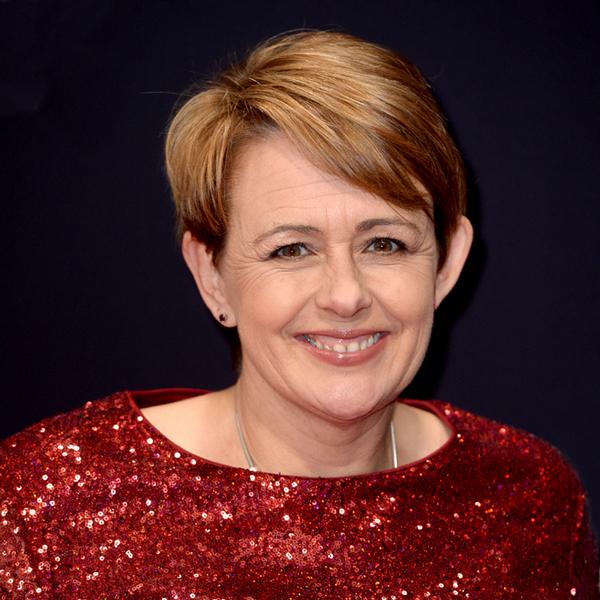
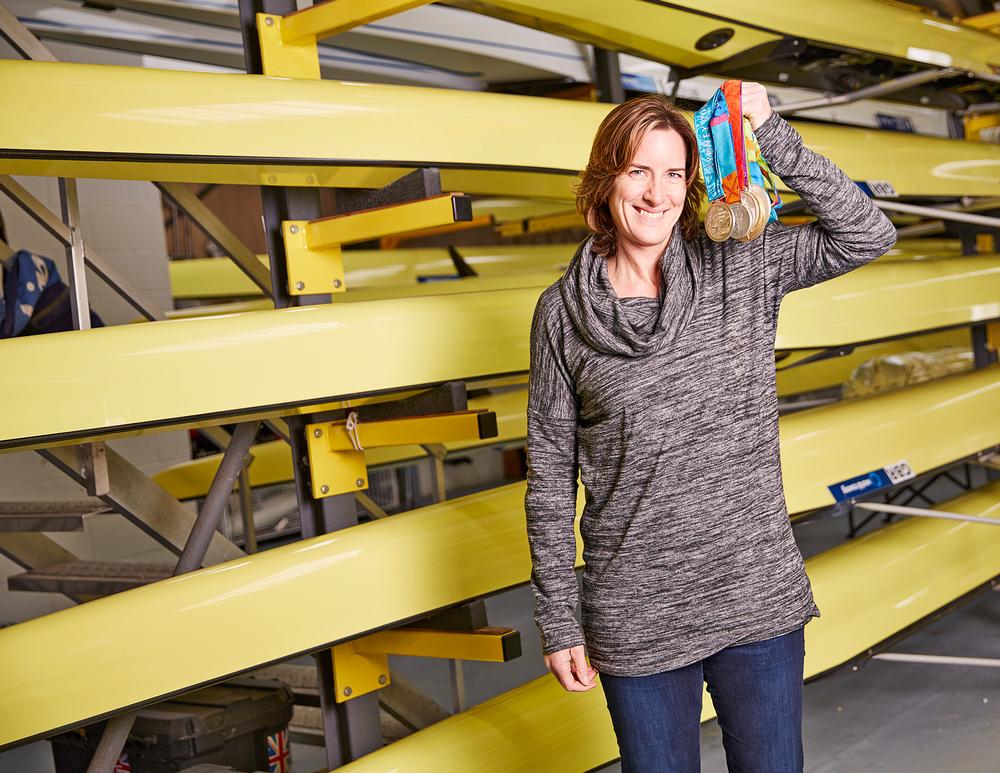
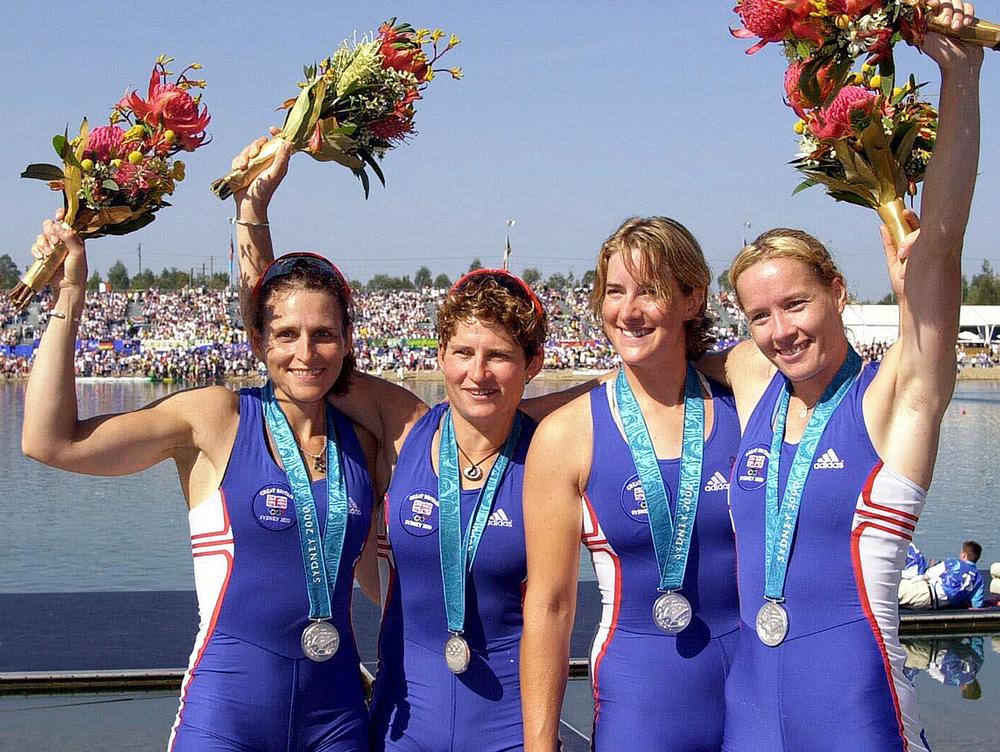
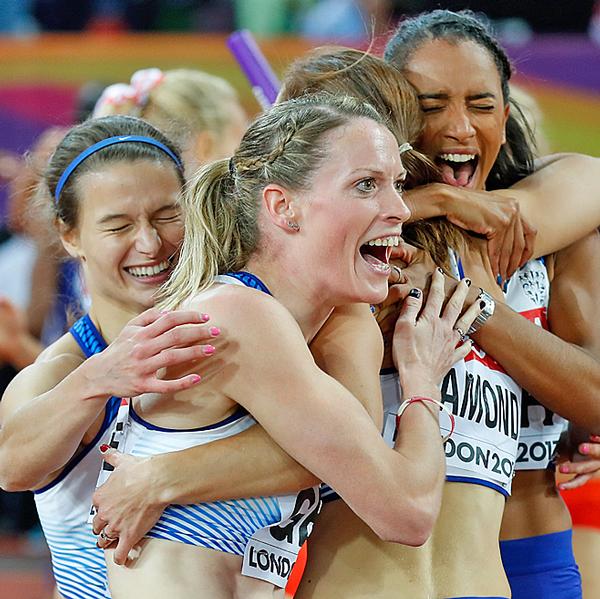
Recreation Assistant
Duty Manager (Dry)
Swim Teacher
Swim Teacher
Chief Executive Officer, Mount Batten Centre
Swim Teacher
Swimming Teacher
Swimming Teacher
Company profile
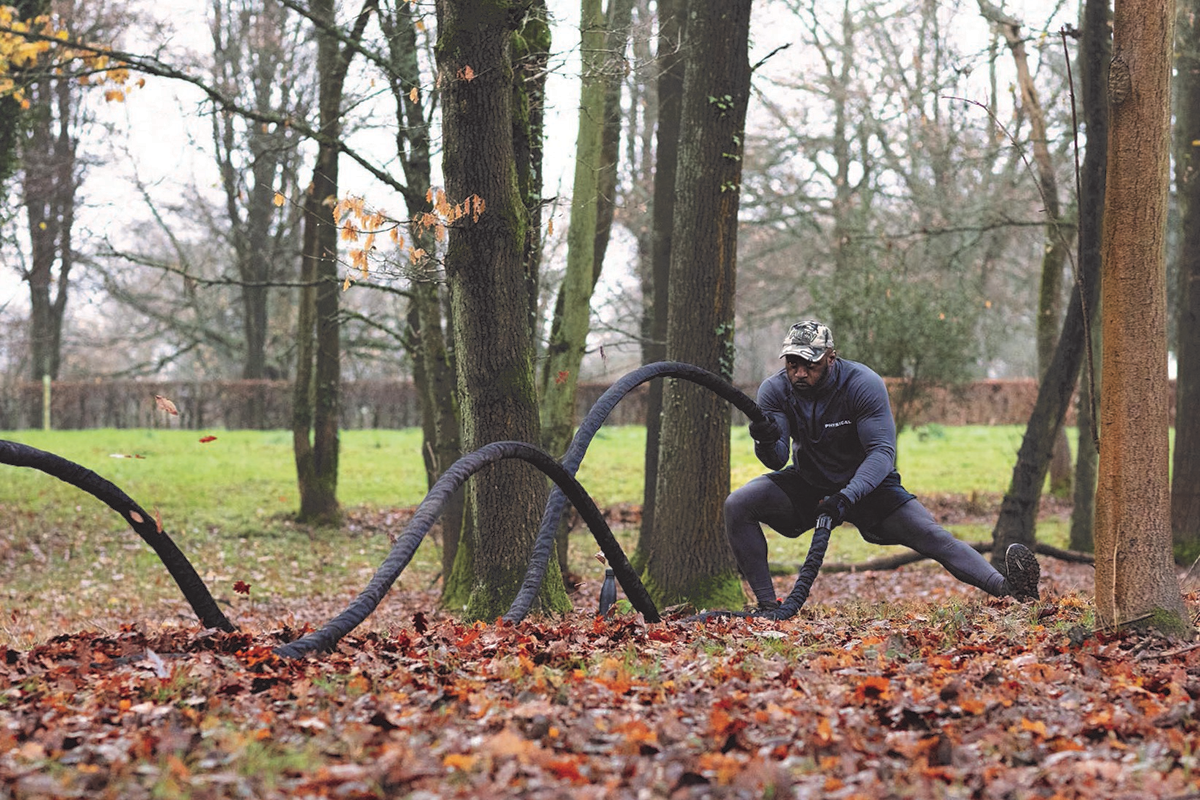
Featured Supplier

Property & Tenders
Company: Knight Frank
Company: Belvoir Castle
Company: AVISON YOUNG
Company: London Borough of Bexley
Company: Forestry England












